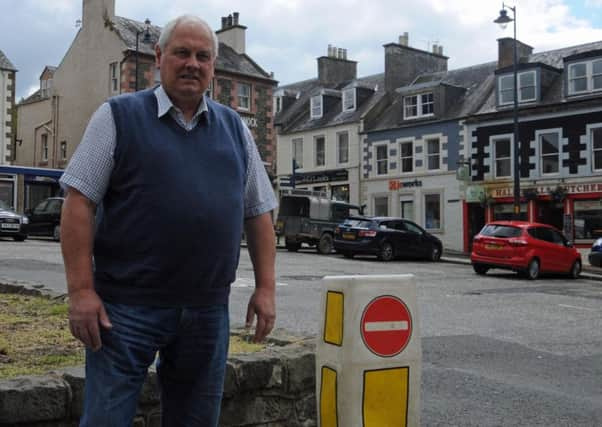What comes first, tradition or equality?


The council gives 29 local festivals and common ridings a total of £85,110 a year, with the amount granted being based on the town’s population.
Towns with populations of more than 10,000, namely Galashiels and Hawick, are given £9,300.
Advertisement
Hide AdAdvertisement
Hide AdThe local festival grant scheme is reviewed on a three-yearly basis and grants – awarded to festival committees principally to assist with the cost of public liability insurance and public protection measures, such as road closures, first aid, marshalling and stewarding – are agreed by the executive committee.
It’s soon to be looked at again, though.
Any new application to the council for grant funding requires the event to comply with equality legislation, but some towns’ festival activities are gender-restricted.
For instance, Selkirk’s Common Riding Trust advertised recently for the position of Royal Burgh Standard Bearer, saying, as per tradition, that the position is only open to an unmarried man who has ridden the burgh marches as an attendant on at least two occasions. For attendants, the qualifying status is also “young men”.
Advertisement
Hide AdAdvertisement
Hide AdMr Edgar told us: “I would like legal direction on this. What we will be discussing is the application of the 2010 Equalities Act to any event the council contributes to.
“It is not just about Selkirk as other town’s festivals and common ridings have their own certain traditions.
“We really need to sort this out once and for all. Will this apply to traditions or not?”
● Selkirk’s tradition of only using single men is believed to span back to 1514, when the town’s first provost, John Muthag, and his baillie, James Keyne, were murdered while riding the boundaries.